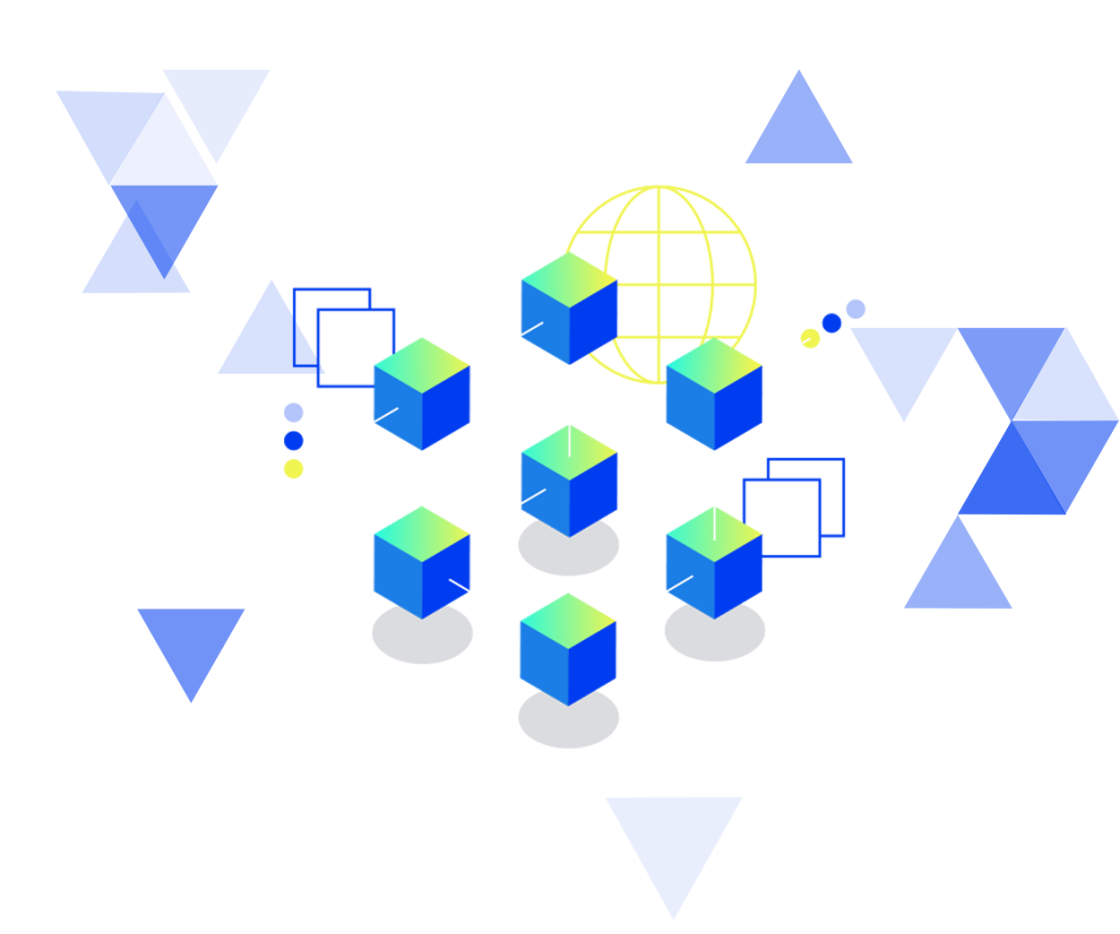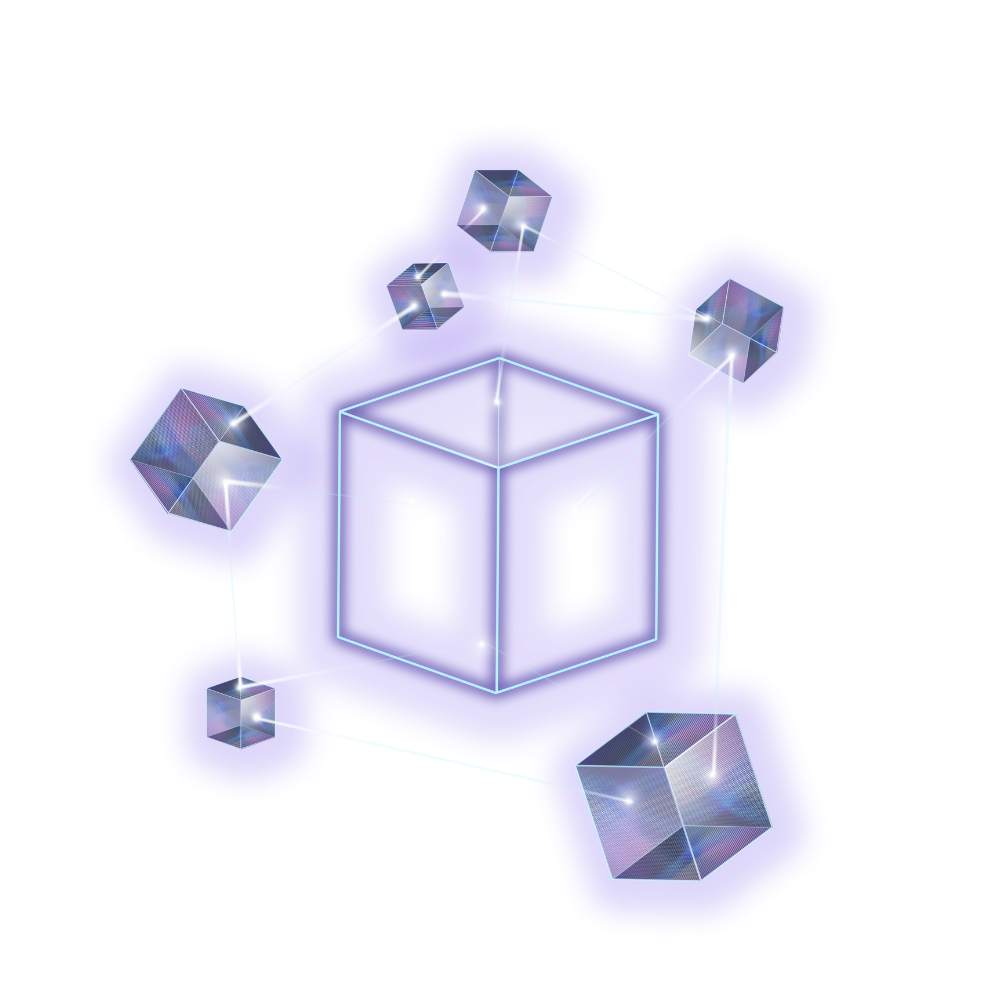What is smart contract?
What is a Smart Contract?
As fundamental building block of the new digital economy, smart contracts promise to transform how we conduct business, manage agreements, and transfer assets.

Smart contracts take the principles of traditional contracts (like agreement, terms, and conditions) and translate them into a form that is automated, transparent, and self-executing.
These novel contracts use the power of blockchain technology to eliminate the need for third-party intermediaries – which means users enjoy lower costs, better efficiency, and more trust throughout digital interactions.
Definition and Meaning of Smart Contracts
A smart contract is a self-executing, digital contract with the terms of the agreement directly written into lines of code. The code and the agreements contained within a smart contract live in a distributed, decentralized blockchain network.
This means the contract can be executed without the need for an intermediary, such as a lawyer, broker, or bank. Essentially, a smart contract is a computer program that automatically enforces, manages, and executes an agreement.
The term was first coined by computer scientist Nick Szabo in 1994, long before the advent of Bitcoin or Ethereum, to describe a set of promises, specified in digital form, including protocols within which the parties perform on these promises.
How Smart Contracts Work on Blockchain
Smart contracts operate on an "if/then" logic, where they are programmed to perform a specific action when a certain condition is met. The process begins when the terms of an agreement are coded into a smart contract using a programming language like
Solidity (the language that’s in use on the Ethereum network) and deployed to the blockchain.
Once deployed, the code is immutable, meaning it cannot be changed. The contract then sits on the blockchain, constantly listening for the pre-defined trigger conditions.
When these conditions are verified by the network's consensus mechanism, for example when a certain amount of cryptocurrency is received, the contract automatically executes the agreed-upon action. This could be anything from releasing funds to another party, transferring digital ownership of an asset, or sending a notification. The transaction is then recorded on the blockchain, creating a transparent and permanent record.
Key Benefits of Smart Contracts
Smart contracts offer many significant advantages over traditional contracts:
- Speed: Smart contracts provide speed and efficiency by automating processes, which eliminates the need for manual paperwork and reduces delays from traditional bureaucratic systems.
- No intermediaries: By removing the need for third-party intermediaries, the contract process becomes more trustworthy and transparent, as all parties can see the code and the transaction history on the public ledger.
- Reduced costs: There are significant cost savings because you don't have to pay fees to lawyers, banks, or other middlemen to oversee the transaction.
It’s also worth noting that the decentralized and encrypted nature of the blockchain makes smart contracts highly secure and reliable, reducing the risk of fraud and human error.

Security and Reliability of Smart Contracts
Why are smart contracts more secure? Well, the security and reliability of smart contracts stem directly from the underlying blockchain technology. Once a contract is deployed, its code is stored on every node of the network, making it nearly impossible to alter or tamper with.
This distributed nature also eliminates a single point of failure that could be exploited by hackers. The cryptographic principles of the blockchain ensure that every transaction is verifiable and irreversible.
While the code itself can have vulnerabilities if not written correctly, the blockchain's inherent properties ensure the contract's execution is reliable and transparent, providing a high degree of trust in the system.
Smart Contracts and Blockchain Technology
While the concept of a self-executing digital agreement existed for decades, smart contracts truly came to life with the emergence of blockchain technology. The blockchain provides the essential infrastructure, a decentralized, secure, and immutable ledger, that allows these digital contracts to operate without intermediaries.

How Smart Contracts Integrate with Blockchain
Smart contracts are not standalone applications; they are intrinsically linked to the blockchain. The blockchain serves as the secure, decentralized, and immutable foundation upon which smart contracts are built and executed.
The blockchain acts as a digital ledger that provides a trusted environment for the smart contract's code. Once a smart contract is written and deployed, it is stored on the blockchain and replicated across all network nodes. This ensures that the code is transparent and cannot be altered, a feature known as immutability.
What’s more, the blockchain's consensus mechanisms (like Proof of Stake) are used to verify and validate the conditions required for a smart contract's execution. A smart contract's "if/then" logic is dependent on data, which must be trusted.
Importance of Ethereum
While the concept of smart contracts was introduced earlier, the Ethereum blockchain, launched in 2015, pioneered their widespread use. Ethereum was purpose-built to be a programmable blockchain, allowing developers to create and deploy smart contracts and decentralized applications (dApps).
Its native programming language, Solidity, is the most widely used language for innovative contract development. Ethereum's robust and mature ecosystem has made it the leading platform for smart contracts, particularly in the realm of decentralized finance (DeFi), NFTs, and other dApps.
Real-World Applications of Smart Contracts
Smart contracts have uses far beyond cryptocurrency and decentralized finance. From simplifying complex financial transactions to creating transparent supply chains, these self-executing agreements are reshaping how we interact with services and systems.
Industries Leveraging Smart Contract Technology
Smart contracts are finding a home in a variety of industries, automating complex processes and building trust where it was once lacking.
- Financial services: This is one of the most prominent sectors for smart contract adoption. They power decentralized finance (DeFi) applications, enabling automated lending, borrowing, and trading without traditional banks. Smart contracts are also used in trade clearing, settlement processes, and cross-border payments, reducing delays and costs.
- Supply chain management: Smart contracts provide a transparent and efficient way to track goods from manufacturing to delivery. They can automatically trigger payments to suppliers when items are received and verified, reducing fraud and streamlining inventory management.
- Real estate: In real estate, smart contracts can automate property transfers, escrow services, and even mortgage agreements, cutting down on paperwork and eliminating the need for lawyers or brokers. They also enable tokenization, allowing for fractional ownership of a single property.
- Healthcare: Smart contracts are used to securely store and share patient data, ensuring privacy and compliance with regulations. They can also automate insurance claims processing, so a claim is automatically paid out when a predefined condition, like a verified accident, is met.
Beyond broad industry applications, smart contracts are being used to solve specific business problems. For example, they are integral to the creation and trading of Non-Fungible Tokens (NFTs), managing ownership and royalties for digital art and collectibles.
In the music industry, smart contracts can automate royalty payments to artists every time their song is streamed.
Smart Contracts for Voting, Legal, and Government Services
Smart contracts have the potential to bring unparalleled transparency and security to public services. In voting systems, they can be used to securely record and tally votes on an immutable blockchain, even for an AI-driven blockchain, thereby preventing voter manipulation and increasing public trust in election results.
For legal and government services, smart contracts can streamline processes like land title recording, digital identity management, and public procurement, eliminating the need for manual paperwork and reducing the risk of fraud. Some states in the US, such as Arizona, have already passed legislation to make smart contracts legally enforceable in specific contexts.
Future Trends and Innovations in Smart Contracts
The future of smart contracts is being shaped by several key trends and innovations. The integration of artificial intelligence is expected to create more dynamic and adaptive smart contracts that can adjust to market conditions and optimize performance. AI-driven auditing tools will also help to identify vulnerabilities in a contract's code before it is deployed, enhancing security.
New platforms and technologies are working to enable seamless communication between different blockchains, allowing smart contracts to transfer assets and data freely across networks. This will unlock a new level of complexity and utility for decentralized applications (dApps).
Finally, technologies like Zero-Knowledge Proofs (ZKPs) are being integrated into smart contracts to enable private transactions and data verification without revealing sensitive information. This is particularly important for industries like healthcare and finance where data confidentiality is paramount.

Getting Started with Smart Contracts
Embarking on the journey of innovative contract development requires an understanding of blockchain principles, blockchain security, and specialized tools.
The initial process for creating a smart contract involves writing, compiling, and deploying the code to a blockchain. The most common language for this is Solidity, typically used with the Ethereum blockchain.
Developers often start with a web-based IDE like Remix before moving to more advanced tools like Hardhat or Truffle, which offer features for testing, debugging, and automated deployment. These tools are all designed to work with the Ethereum Virtual Machine (EVM), the runtime environment that executes the contract's code.
Note that smart contracts are immutable once deployed. Any bugs or vulnerabilities cannot be easily fixed, making your code a potential target for hackers. Common attack vectors include re-entrancy and integer overflows, which can lead to significant financial losses.
To mitigate these risks, thorough auditing and testing are crucial. New developers should rely on official documentation and resources from platforms like Coursera or Udemy. Engaging with developer communities on forums and Discord can also provide valuable insights and support.
Frequently Asked Questions about Smart Contracts
As smart contracts move from a niche technology to a mainstream business tool, many questions arise about their functionality, legal standing, and future potential.
How Do Smart Contracts Improve Business Processes?
Smart contracts significantly improve business processes by introducing automation, transparency, and efficiency. They eliminate the need for manual, paper-based agreements and third-party intermediaries, which reduces costs and processing time.
For example, a smart contract in a supply chain can automatically release payment to a supplier the moment a shipment is verified at its destination. This automation reduces human error, increases trust between parties, and streamlines complex workflows.
Are Smart Contracts Legally Binding?
The legal status of smart contracts is still evolving and varies by jurisdiction. While their self-executing nature can be seen as a form of agreement, they are not universally recognized as legally binding in the same way as a traditional, signed contract.
However, some jurisdictions are beginning to pass legislation to recognize and enforce them. For a smart contract to be legally valid, its terms must be clearly defined, and the parties must have a clear intention to be bound by it, similar to a traditional contract.
The Future of Smart Contracts in the Digital Economy
The future of smart contracts is bright and extends far beyond decentralized finance. We can expect to see increased integration with artificial intelligence for more dynamic and adaptive agreements.
The trend of real-world asset tokenization, which involves representing physical assets like real estate on the blockchain, will be heavily reliant on smart contracts to manage ownership and fractional payments. We will also see a greater focus on interoperability, allowing smart contracts to interact seamlessly across different blockchain networks, unlocking a new wave of innovative applications.
OVHcloud and Smart Contracts
The future is decentralized, and OVHcloud is here to help you build it. Our robust and reliable infrastructure provides the perfect foundation for innovation in the blockchain space. With a focus on security, performance, and scalability, we offer a range of solutions designed to support your projects, from smart contracts to large scale blockchain networks.

Solutions for blockchain
Build, secure, and scale your blockchain infrastructure with a trusted European cloud provider. OVHcloud offers a comprehensive suite of solutions tailored for the blockchain industry – including blockchain node hosting.

Dedicated servers
OVHcloud dedicated servers for blockchain are purpose-built to meet the unique needs of blockchain technology. These powerful bare metal servers are designed for maximum efficiency, offering high-frequency processors and ample storage capacity to handle the most intensive or proof-of-stake (PoS) protocols.

Bare metal cloud
Experience the full power of a dedicated server with the flexibility and convenience of the cloud. Our Bare Metal Cloud gives you access to physical, single-tenant hardware.